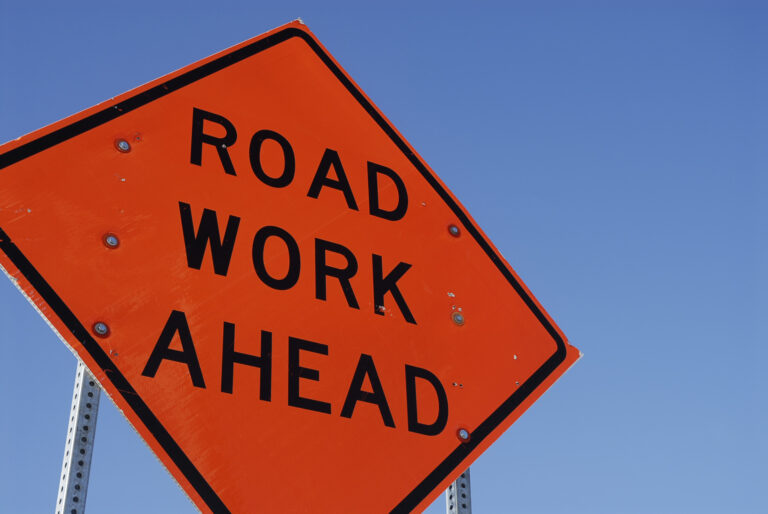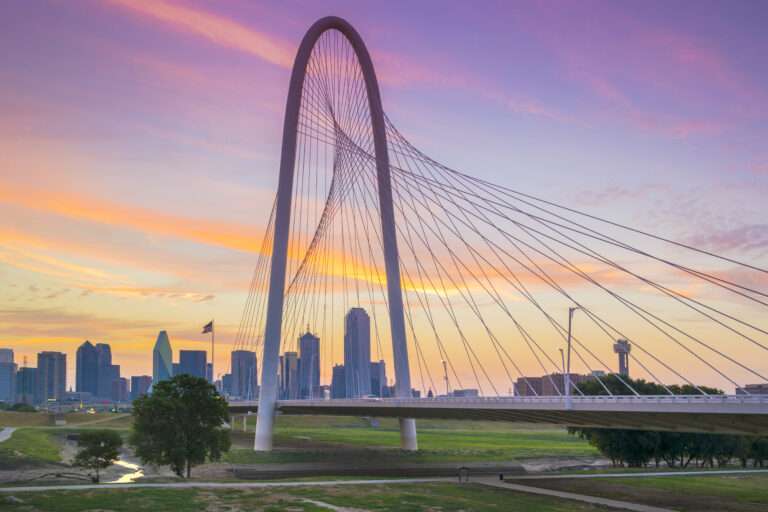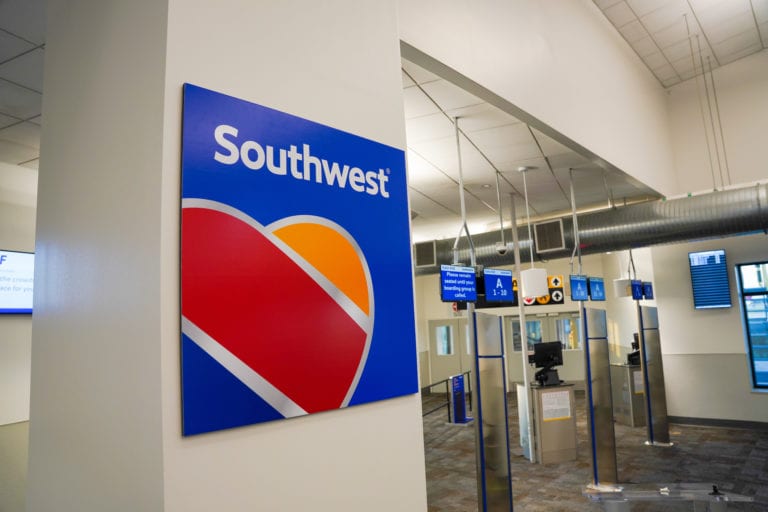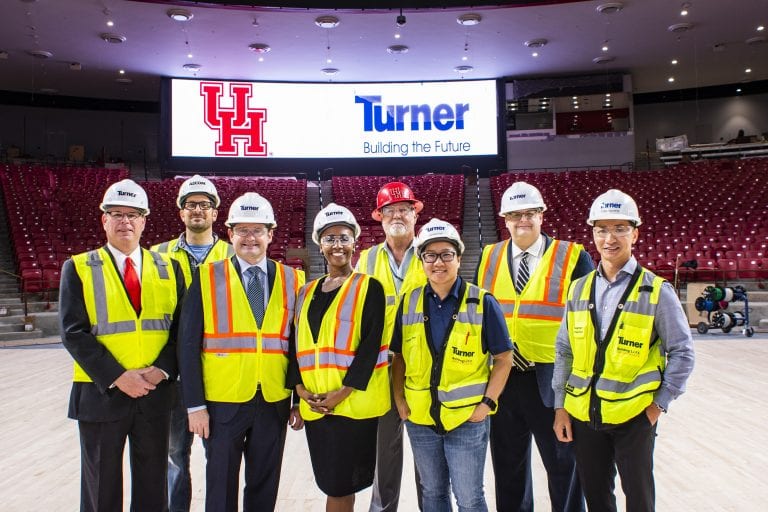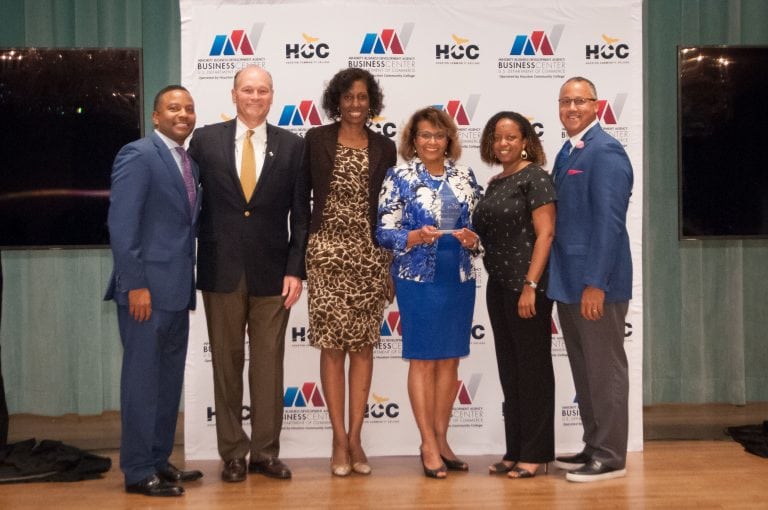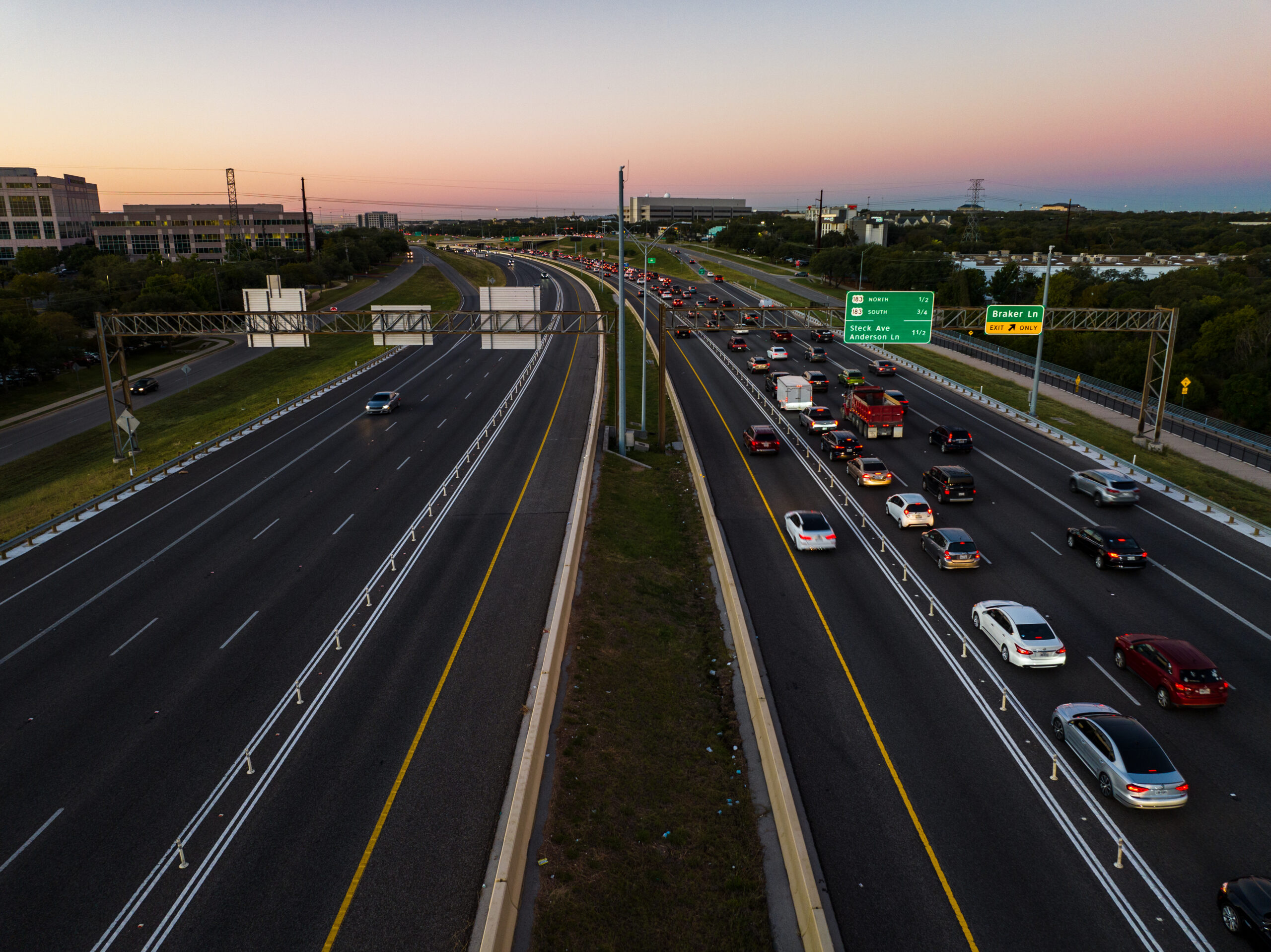
The Texas Department of Transportation, well-financed and aiming to maintain its financial stability, will explore the option of acquiring the private consortium currently managing the Texas 288 Toll Lanes. This move would involve ending a 50-year contract that was signed less than ten years ago, to implement extended toll collections for the foreseeable future.
“This action is being considered because this specific contract provides for a ‘buy out’ provision, which we believe is substantially below the value of future revenues on the corridor,” said Raquelle Lewis, spokeswoman for the Texas Department of Transportation in South Texas. “The steps involved in this process would take several months to complete.”
raquelle lewis
Officials chose not to provide detailed answers regarding the impact of the termination on drivers, including any potential changes to toll calculations and increases. They stated that the commission needed to hold discussions and approve the decision before proceeding with ending the deal.
Lewis verified that the termination was unrelated to any breach or negligence on the part of Blueridge.
“The decision is being evaluated based on its economic value,” she explained. Blueridge officials did not respond to inquiries seeking their comments.
raquelle lewis
In March 2016, TxDOT and Blueridge entered into a 50-year agreement that permitted the construction of a tollway within Harris County, spanning from Interstate 69 to Brazoria County, specifically in the median of Texas 288. This agreement marked the final comprehensive development agreement signed by Texas officials and was the sole public-private deal in the Houston area.
The utilization of such agreements, which gained popularity during the tenure of Governor Rick Perry, gradually lost favor as both Texas drivers and lawmakers expressed their discontent with the concept of tolls. This dissatisfaction was attributed to the increased reliance on toll lanes, leading to what was commonly referred to as “toll fatigue.”
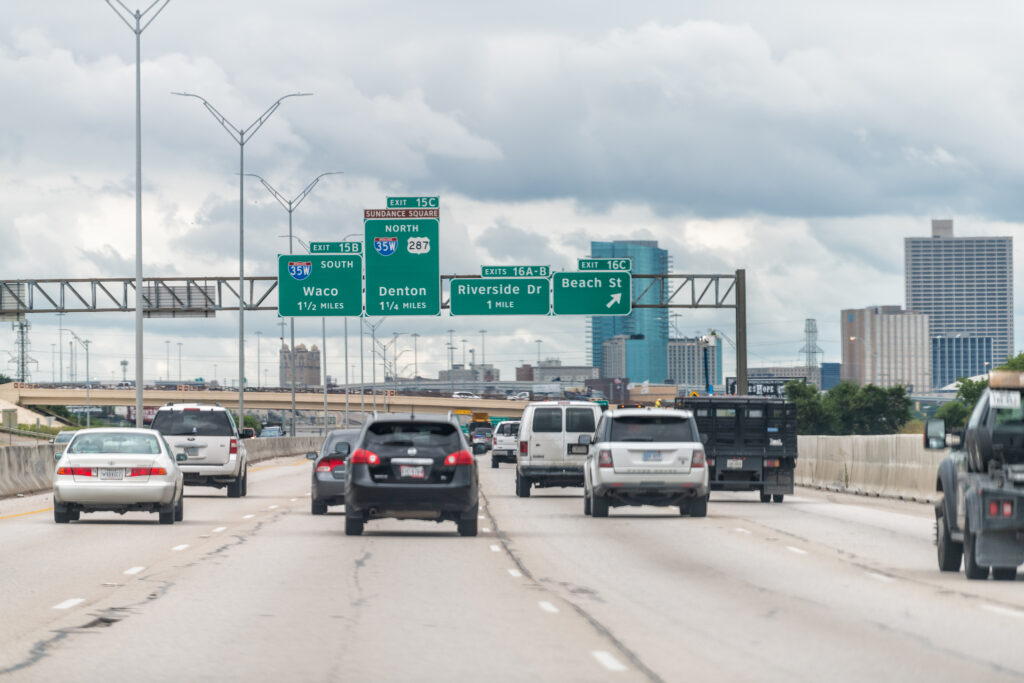
To address the growing need for road construction without resorting to tolls, voters in 2014 approved Proposition 1. This proposition directed revenues from oil and gas severance taxes towards non-toll highway projects. The following year, voters also gave their approval to Proposition 7, which allocated excess funds from the state’s economic stabilization fund to highway projects. However, it was stipulated that these funds could not be used for transit or toll projects.
Shortly thereafter, TxDOT finalized a long-term agreement with Blueridge, spanning fifty years. In addition to constructing the tollway, Blueridge also assumed responsibility for maintaining the main lanes of the freeway along the designated route. In exchange for this, they were granted the authority to collect tolls from drivers utilizing the tollway.
Blueridge was a collaboration involving Grupo ACS, InfraRed Capital Partners, and Shikun & Binui Ltd. Initially, Grupo ACS assumed most of the responsibility for Blueridge during the construction phase.
The project faced various challenges. Severe weather conditions, such as Tropical Storm Harvey, caused delays during crucial stages due to compromised excavation and drainage. This raised concerns among residents about potential flooding issues during and after the construction. Additionally, supply chain problems affected some aspects of the project, with questions arising about the hiring of minority workers.
Following the project’s completion, further complications arose when a wall collapsed, and toll prices steadily increased for drivers.
Since toll lane charges began in November 2020, peak trip costs have surged by approximately $9 in each direction. For instance, a northbound trip at 8 a.m. that was initially priced at $6.30 now stands at $15.21, while a southbound trip at 5 p.m. increased from $5 to $14.02.
“I never use them. I do not know anyone who uses them,” said Ben Berger, who lives south of Pearland and hoped the lanes might ease his work commute to the Uptown area.
ben berger
According to the 587-page agreement between TxDOT and Blueridge, the state has the option to repurchase the lanes and regain control of the freeway. The cost of the buyout varies depending on the timing of the repurchase. Terminating the agreement between the second and fourth years of operation would cost $1.73 billion, with the possibility of additional costs or complications if the buyout occurs after the fourth year of operation.
The construction of the lanes, excluding oversight and maintenance since 2000 and repairs related to the failed wall, amounted to $1.15 billion as reported by officials in 2020.
Ending the agreement will necessitate Texas to establish its entity to manage the tollway, like the Grand Parkway Transportation Corporation that oversees the Houston area’s third ring road. This corporation, operating independently of the state transportation commission, is typically supervised by senior TxDOT leaders but functions as a nonprofit corporation capable of issuing and repaying bonds using anticipated toll revenue.
The termination of the Texas 288 tollway agreement is one of several financial decisions being made by TxDOT as record road spending is being allocated across Texas. Additionally, the state has accelerated the repayment of $300 million in bonds issued in 2020, a move that has raised concerns among Texas bankers regarding their current financial stability.
SOURCE: TxDOT


